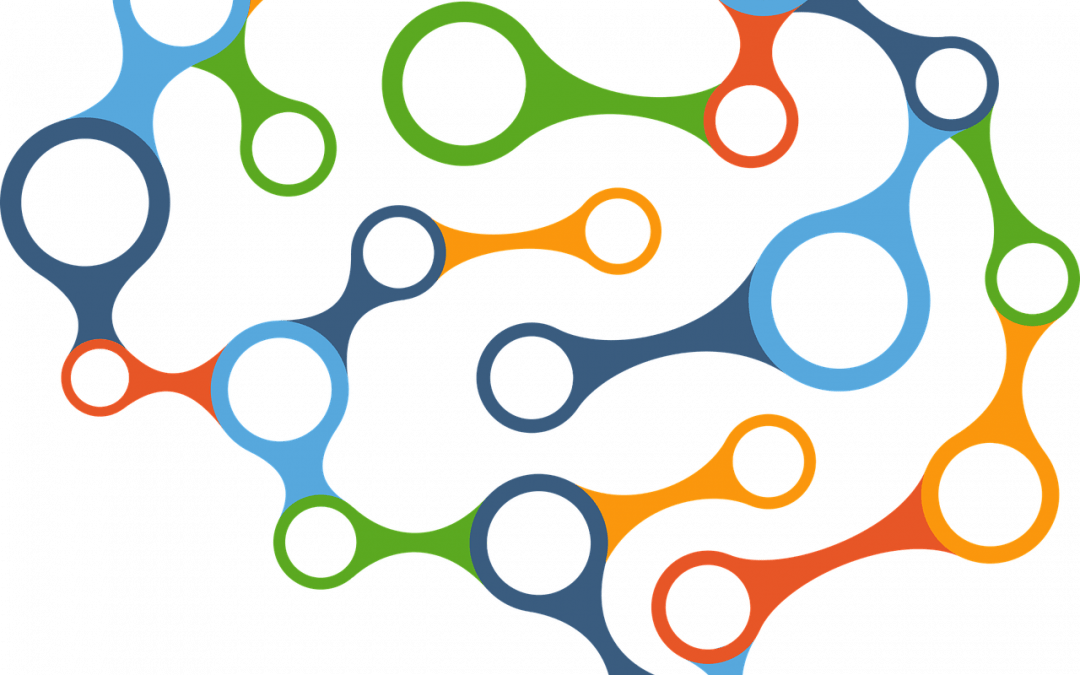In September 2018, we welcomed Dr Christopher Madan as our TILE network speaker on the topic of “Understanding How We Remember”. As usual, a discussion followed with the focus on real-life application of what we had learned. In this reflection, I would like to try summarising the interesting argument Christopher offered insight in and the products of the subsequent discussion.
Christopher defined three approaches to studying memory: Structure, Motivation, and Strategy. For this talk, he focuses on motivation and strategy, although structure should not be missed in its importance, as it is the foundation for any empirically study.
Motivated memory
Some type of information is automatically and inherently more memorable. This poses the question whether we can borrow these effects to deliberately enhance memory.
- Emotional experiences are generally remembered better than neutral ones: if an emotionally arousing event happened, and we can remember (not necessarily) details vividly, it is called flashbulb memory. This is not an intentional effect, and usually with a trade-off as peripheral things and time before and after the event are remembered less.
- Rewarding experiences are remembered better, and, as studies show, can influence decision making. When studying risk preference and memory, it was shown that extreme gains and losses were remembered better and perceived as more frequent, and subsequently influenced risk behaviour. This could explain gambling behaviour as they might be driven by memory bias: if they remember wins more often, they might think they’re winning more often.
- If information is relevant to yourself or objects that are useful to you, memory is enhanced in comparison to arbitrary information
Strategic memory
There are several evidence-based practices prominent in cognitive psychology that enhance learning and memory.
- Interleaving
- Spaced Practice
- Retrieval Practice
- Elaboration
- Dual-Coding
- Concrete Examples
If you wish to know more about these practices, I recommend learningscientists.org.
The method of loci, or the memory palace, is another strategy to enhance memory: imagine an environment in which you place things that relate to what you want to remember which remind you of what you want to remember during retrieval.
Christopher also raises the issue that currently, there is less of a need to remember information yourself and rather know how to look it up, leading to superficial access. This however, means, that there is no real understanding. Educators should not just want recall, but rather a deep understanding and internalisation of information, so students can use it and connect it with previous knowledge.
Curiosity
The study of curiosity has shown that not only do we remember information we are curious about better, but that there is a carry-over effect: information in-between also shows enhancement. The take away: students only have to engaged for portions of the lessons. If this happens on a regular basis, then even the parts that are less interesting will be remembered better.
Studying what memory is inherently more memorable (motivated) and how we can deliberately enhance memory (strategic) is important to facilitate student’s learning experiences. While educators cannot make material intrinsically more interesting, making the lesson or lecture engaging is key to enhance interest and increase memory.
Discussion about real-life applications
When asked how to apply this specifically, Christopher proposes educators contextualise information and link it to information already learned, making it relevant or help students realise the relevance itself. Using curiosity to enhance memory seems to show promising results, so Christopher offers the idea of using lectures as a dialogue rather than a monologue and asking students questions.
An expert of self-referencing in the room added that making people think about themselves while encoding information, for example thinking about whether they had similar experiences in a psychology lecture, will enhance memory.
University of Dundee students spoke about their own positive experiences in lectures by our own Dr Carolina Kuepper-Tetzel and Dr Ben Vincent here at the University: while 2-hour lectures are difficult to pay attention to, it was made easier with the help of weekly retrieval quiz with a clicker device, not only keeping you engaged and active, but also motivating you to memorise the content of the lecture for next week. As a student in Dundee myself, I personally can attest to this: no matter how interesting the content of a lecture is, it can be very hard to keep consistent attention to a lecture; our lecturers asking questions during lectures, with the help of clicker devices or without, not only practices spaced retrieval but, in line with the idea of curiosity, helps keep attention during frontal teaching.
You can find the video of the talk here.
Please feel free to comment below if you have additional thoughts!


Recent Comments